The last two portions of my Cornell lecture will be coming soon. But this past week I received an email from one of those in attendance asking for some clarification of my use of the terms “God’s will” and “God’s plan.” It seems appropriate to post my response now.
To: “Brady, Christian M.”Subject: feedbackChris,Might be helpful to define God’s will and/or plan since we interpret them coming from a fairly conservative christian background. Are they used interchangeably? References to God’s plan and/or will as related to suffering included the statement that you reject Mack’s death as God’s will. Would have liked to stop right then for a Q&A. The Garden of Eden was as God planned for us to live ~ then came sin. You say God has not sent suffering upon us though surely He allows it and is with us on the journey. Your view of God’s plan and/or will after the fall was unclear. Another question – does God set our number of days OR does He just know our life span from before conception? Where and how does the Sovereignty of God fit in? Once again our thinking has been pushed beyond the traditional evangelical box which is good as it raises new questions to ponder and pray over relative to God’s will. Thanks for your part in stoking the thought process.Blessings,CG
Dear CG,
Thank you again for your feedback. I do use the terms “plan” and “will” interchangeably here. I am not sure what semantical difference I would draw between them in this context. Perhaps one could argue that God’s plan includes our doing things that are contrary to his will, but I would think that would lead to a kind of theo-dissonance. To plan to do something that is contrary to your desire (will) would suggest, to me at least, that the true desire must in fact be that of the plan rather than the will. How can we conceive of these two being in apposition? I do not see it (but that doesn’t mean that others might not find it reconcilable).
I do reject Mack’s death as being part of God’s plan or his will for Mack. I wish you had stopped me for Q&A there! I had hoped people would interject and push back, but perhaps the emotional nature of it makes people reticent. I hope you can see that I have a tough skin and am happy to wrestle with these issues! Even though it is far more personal now than it once was.
So to the point: I do not believe there can be guilt involved. I do not think that Mack died either for the sins of the father or the mother. So Deuteronomic theology does not fit here. (One has a bit more room to argue this if, for example, I were a drug addict and Mack was shot in a drug deal gone bad in my home. My sins had brought that calamity [literally] upon my house. Such is not the case here.)
If I were to argue that God “took” Mack so that our lives would go in a particular direction, say that Elizabeth or I might encourage others and help them maintain their faith through struggles and hardship, reduces Mack to a pawn. He is no longer a child of God, a being blessed and containing the divine breath of life, rather he is simply a tool that God is manipulating to his own end without regard for Mack’s own value. This I also reject because I think the biblical testimony about the character of God is that he does care about his people. So much so that he allows us free will… and that brings us back to Genesis 3.
Mack died of something completely natural. No accidents, no sin (other than the original one), no neglect or malice, he just got sick with an infection that has a near 100% kill rate. There is no real cure. These are the “thistles and thorns” of our broken world.
My view of God’s plan and will after the fall is unclear? Yes! 🙂 Well, perhaps I can clarify it a bit for all of us, myself included. God is sovereign, he brought into being and “owns” all of creation. This means that God has supreme authority and could and has exerted his authority into our history. BUT that does not meant that he always will. Humanity was given the choice of whether or not to obey God’s single negative command (“do not eat”) and we chose to disobey. God allowed us that choice, our free will, and also allowed the consequences that followed and continue to cascade down throughout all of history. But he has also provided a road map for us back to “the Garden.” God has chosen at certain moments to intervene and make this plan known to us (the Law, the Prophets, the Epistles) and to provide the means of achieving this union (his Son).
The majority of time/history then God allows us and all creation to continue on our own way, a bit like humanity between Cain’s attack on Able and his deciding to wipe out all humanity bar Noah. They were allowed to go their own way, turning back and acknowledging God if they would, but otherwise there is no engagement recorded. Of course I am the first to point out that often the Bible doesn’t tell us things we want to know. Lack of evidence is not evidence of anything (or nothing). But the reality is, if we placed the biblical narrative on a time scale there are centuries without any apparent intervention by God. Kingdoms rise and fall, evils and atrocities happen with amazing consistency and God does not intervene. Notice, I did not say that God is not present, God is with his people, this is also a biblical teaching, but unless we twist passages like Mark 9, there is no biblical teaching that God will always heal, deliver, or rescue his people from all ills and tragedies. The evidence is clear and overwhelming: he hasn’t. I think the only conclusion that fits the biblical evidence (and, it is almost unnecessary for the argument, human experience) is that God has chosen not to act because he first chose to grant us free will. His plan and will, his desire was that we would obey and live and enjoy the Garden and communion with him. Our actions required him to modify those plans….
Now I have not even addressed the usual, primary argument that if we assume direct, divine agency of all history then God must be the direct agent of evil. I do think that is true if one makes that assumption. I have not and so I have set that argument aside.
Regarding the “number of our days” you are referring (I assume) to the question of whether it is omniscience or predestination. I think I have already hinted at it with my reference to sovereignty above. God remains sovereign, he retains his power, he continues to rule and to oversee all of his creation. This does not require that he directly manage every detail, or even slightly larger details such as the length of our days. (Job 14:5 and similar texts are quite poetic, so I am not worried at the moment with a literal reading.) As you may suspect, I believe that God knows the outcome of all of history, rather than dictates it. Again, at key and necessary moments he has intruded into our history, he has ruptured the wall that lies between us and set for us the sign posts for the way home and made the road clear and smooth (if not gentle).
This ended up as a much longer ramble than I intended! Thank you for getting me to clarify my thoughts, it certainly has been helpful and useful to me, if not for you! I would be happy to continue this conversation if you feel it fruitful.
Yours
Cb
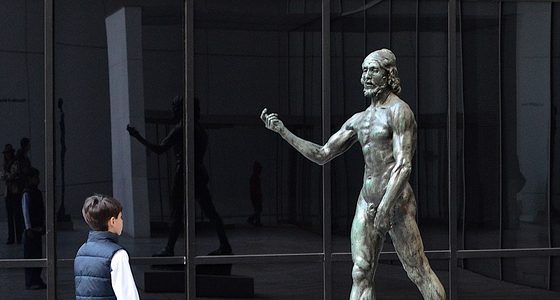
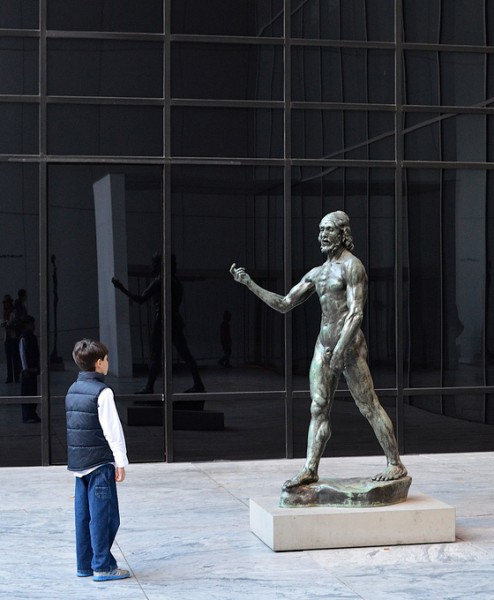


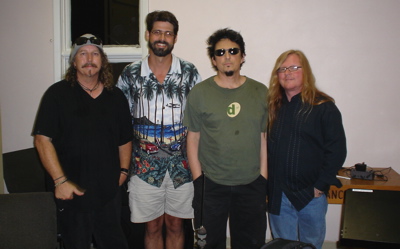
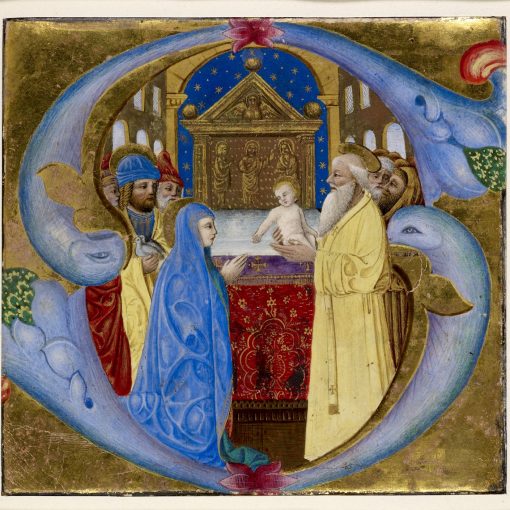
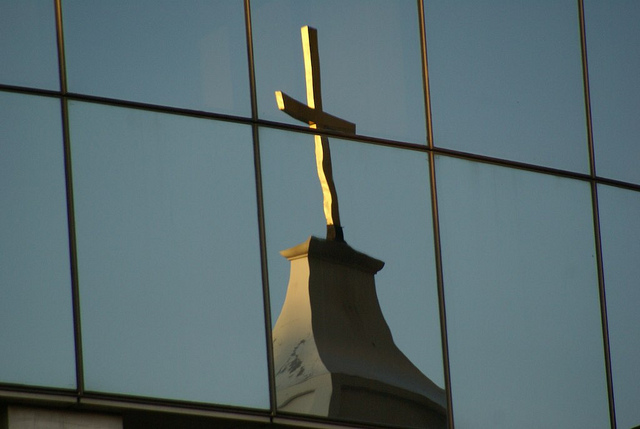
3 thoughts on “God’s “Will” or “Plan”?”
I am not at all sure if this will be useful to you. I have not read the book myself, at least as I pick it up now, it seems unfamiliar. Perhaps I read it and immediately forgot. It is difficult. But I have met the author repeatedly. Yesterday I heard her present again on her own loss, on the missing First Nations women in our country, on her work in prisons. Her work has been over 50 years in the doing since the disappearance of her sister. It is a different loss from yours, a different set of fears, a different loss or set of regrets than mine, and so on. I have some difficulty putting all this into the words ‘plan’ or ‘will’ especially when I think of the will of G-d who has put the words ‘plan’ and ‘will’ into the loss of the Only-Begotten. I think of the medieval play on Isaac so ably set by Britten for Alto and Tenor where the two voices in parallel seconds sing God’s voice: take Isaac, thy son by name, that thou lovest the best of all, and in sacrifice offer him to me. And later in the play, Isaac says, Is it God’s will I shall be slain? And Abraham answers, Yea, son, it is not for to layn. Abraham, it seems to me stops short of any conclusion concerning the will of G-d.
The book is If you sit very still, by Marian Partington. I expect it will not be an easy read.